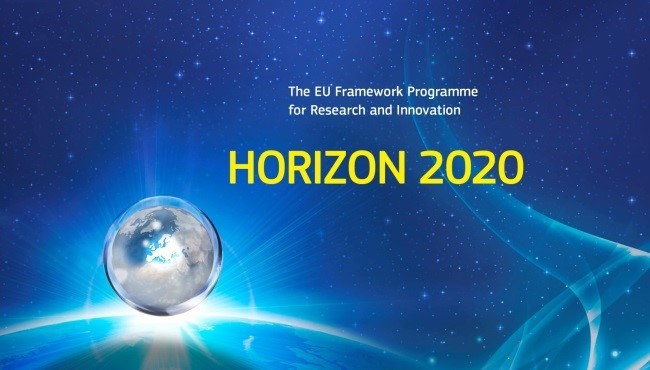14 - USFD
Primary tabs
The University of Sheffield
Western Bank Sheffield,
S10 2TN
England
The University of Sheffield with 26,000 students, is one of the world’s leading universities, offers world-class teaching and research excellence across a wide range of disciplines, and has five Nobel Prize winners among former staff and students Five departments have been ranked in the top five percent from the UK Higher Education Institutions: Biological Sciences, Computer Science, Civil Engineering, Education and Architecture, Landscape and Town and Regional Planning. Global research partners and clients include Boeing, Rolls-Royce, Unilever, AstraZeneca, Glaxo SmithKline, Siemens and Airbus, as well as many UK and overseas government agencies and charitable foundations.
Role in the project
The University of Sheffield will be involved in WP2 of INTAROS, by delivering year round CO2 and CH4 flux measurements and meteorological data from several eddy covariance and meteorological towers positioned across a variety of tundra ecosystems from the coast to central Alaska. USFD will perform the uncertainty, gap-analysis, and gap-filling of the terrestrial fluxes and meteorological variable, to enhance the observational capability in the Arctic. USFD will continue to develop and implement de-icing systems to enhance data coverage in the Arctic during the winter period, within WP3. USFD will also develop new high spatial and temporal resolution temperature sensing systems to continuously monitor active layer depth, water table depth, and snow depth as well as the temperature profile and the zero curtain position, timing, and temperature, and will finish developing a soil diffusivity system to resolve soil and snow diffusivities, concentrations, and fluxes of CO2 and CH4. This is a new system that promises to provide continuous, yearround data on CO2 and CH4 concentrations, fluxes, consumption, and/or production in remote areas. In addition, USFD will lead the Terrestrial component of WP1: Requirements for an Integrated Arctic Observing System and be involved in WP1 with the roadmap to a sustainable Integrated Arctic Observation System. Through links with the Inuit College in Barrow, Alaska, USFD will also work on addressing the impact of climate change on native communities in WP7, assess the challenges these communities are facing with sea ice loss, and lead and coordinate a variety of outreach and dissemination activities for WP7.



